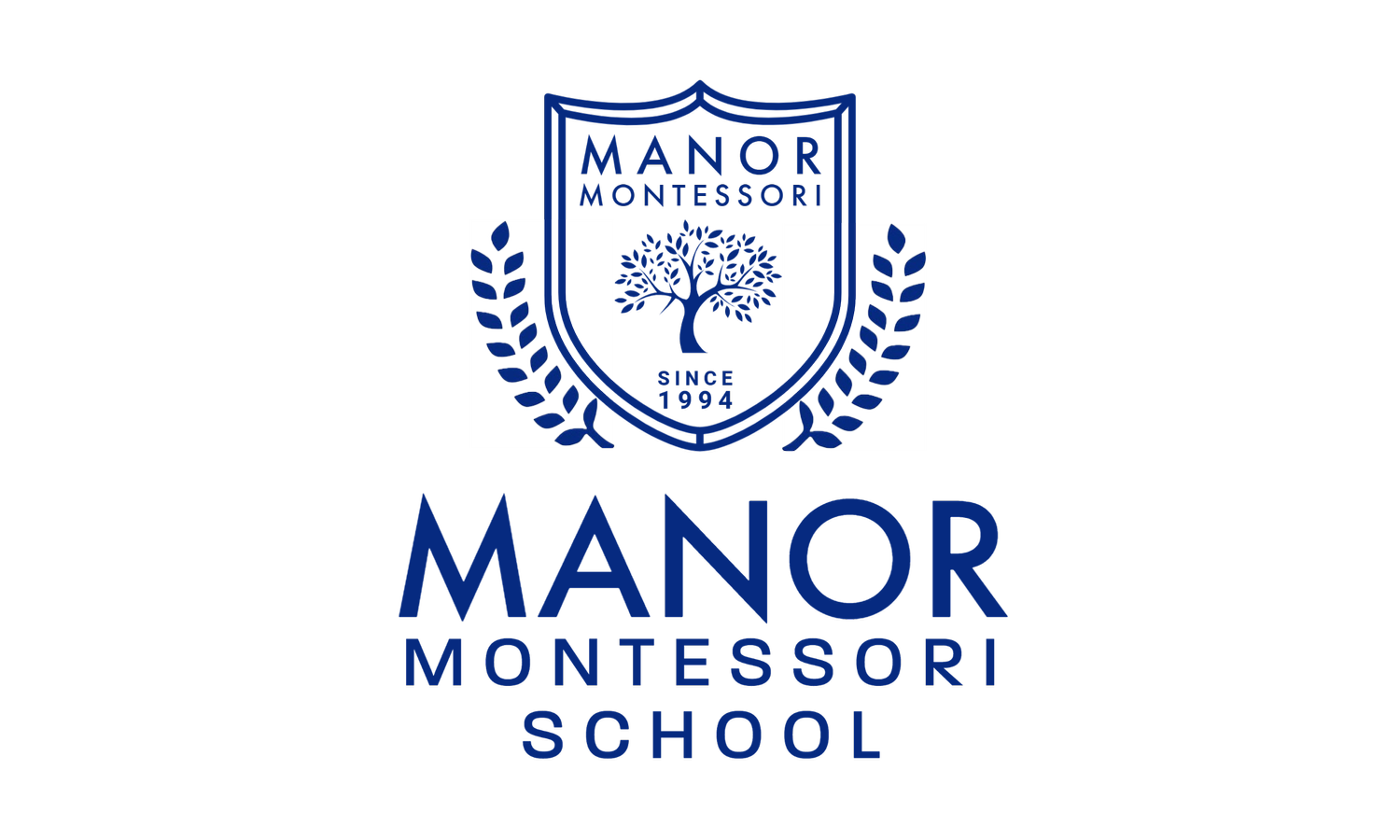The Montessori Difference
Exploring Montessori: A Unique Educational Approach
The Montessori Method, crafted by Italian physician Dr. Maria Montessori over a century ago, continues to thrive globally in both classrooms and homes. Distinguished for its commitment to "follow the child," Montessori stands out as a progressive alternative to conventional teacher-led models, including those used at most traditional private schools. Yet, it occupies a distinctive middle ground, harmonizing individualized learning from progressive models with the academic rigor characteristic of traditional education.
Traditional (commonly found in public schools):
Same-age grouping and annual classroom changes.
Teacher-led, adhering to a set daily pace.
Rigid curriculum, rote memorization, and frequent testing.
Homework-heavy, with rewards and punishments often used.
Movement seen as a break from learning.
Montessori:
Multi-age classrooms, changing every three years.
Child-led learning, with a structured yet flexible curriculum.
Experiential learning, minimal homework, and holistic social and emotional development.
Movement is an integral part of the learning process.
Montessori Beyond Preschool:
Although Montessori is often associated with preschool education, it extends well beyond the early years. The shift from the "absorbent mind" to the "conscious mind" brings about notable changes in elementary education:
Sensitive period for imaginative thinking
A strong drive for moral order.
Heightened intellectual independence
A natural inclination toward social collaboration.
Elementary Montessori Classroom:
Mixed Age Classrooms:
Multi-year classrooms promote individual progression and the opportunity to gain the and realistic social interactions with students both younger and older.
Group Learning at the Child's Lead:
Lessons given in small groups empower students to initiate, plan, and problem-solve, fostering active participation.
Minimal formal tests and Homework:
Real-time feedback through observation eliminates the need for frequent testing, allowing for deep dives into subjects during school hours.
Advanced Academics:
A meticulously prepared curriculum includes subjects like math, language, and science, allowing students to advance at own pace.
Is Montessori Right for Your Child?
Montessori uniquely balances structure and autonomy, offering a comprehensive education that goes beyond academics. Graduates often exhibit advantages both academically and socially. Rooted in inclusivity, the Montessori Method adapts to each child's unique journey, making it a powerful and applicable choice for all.
